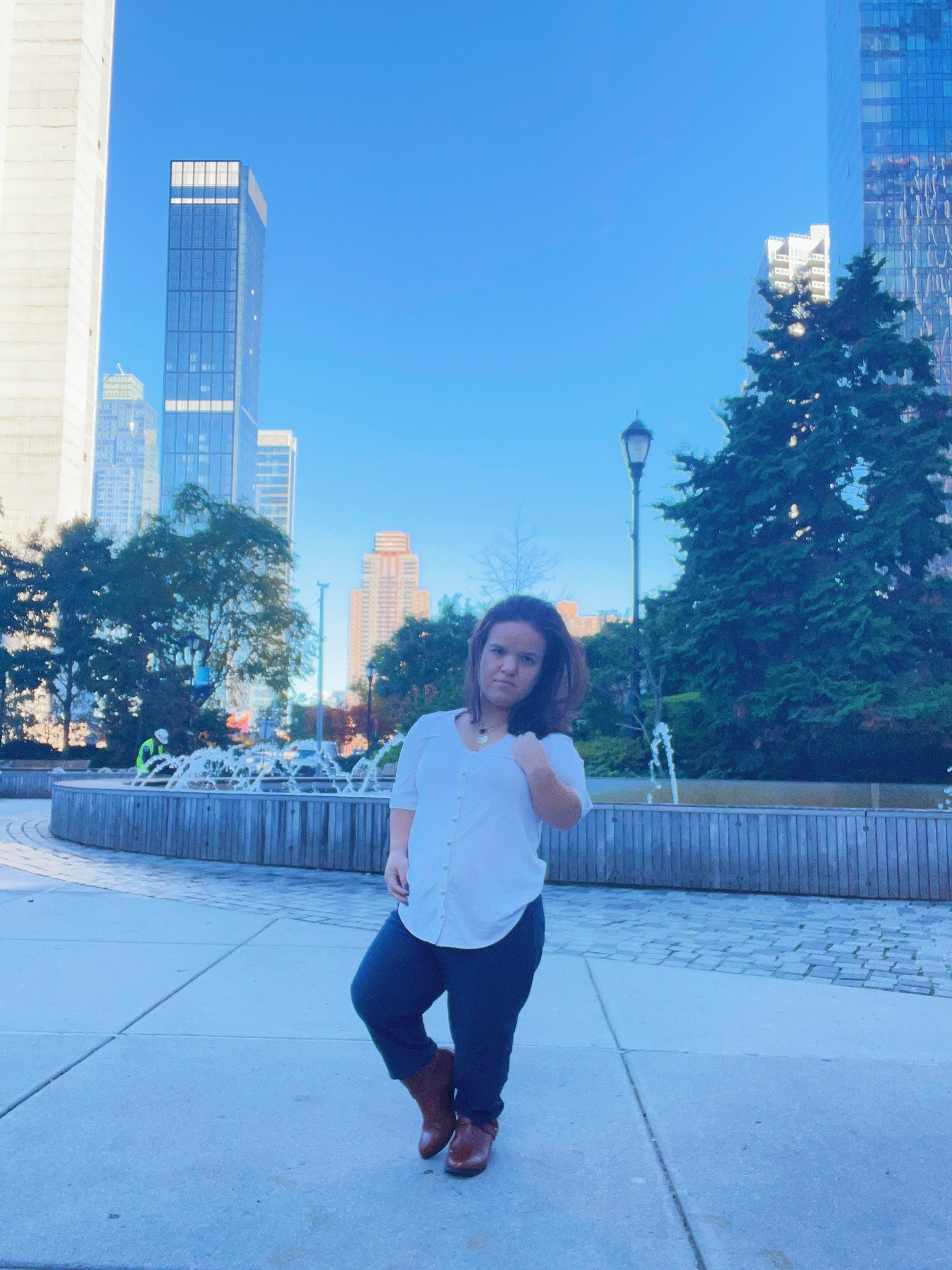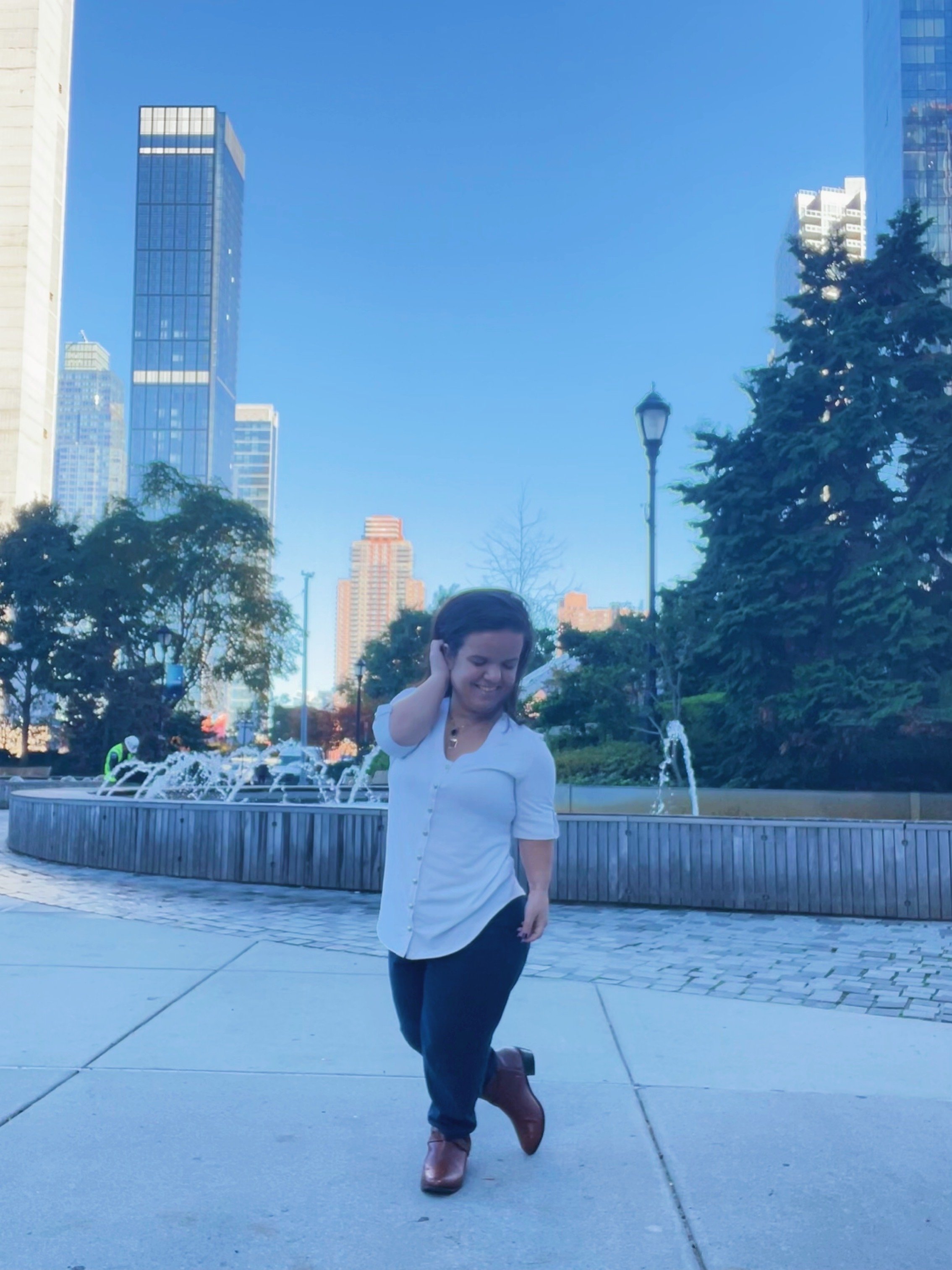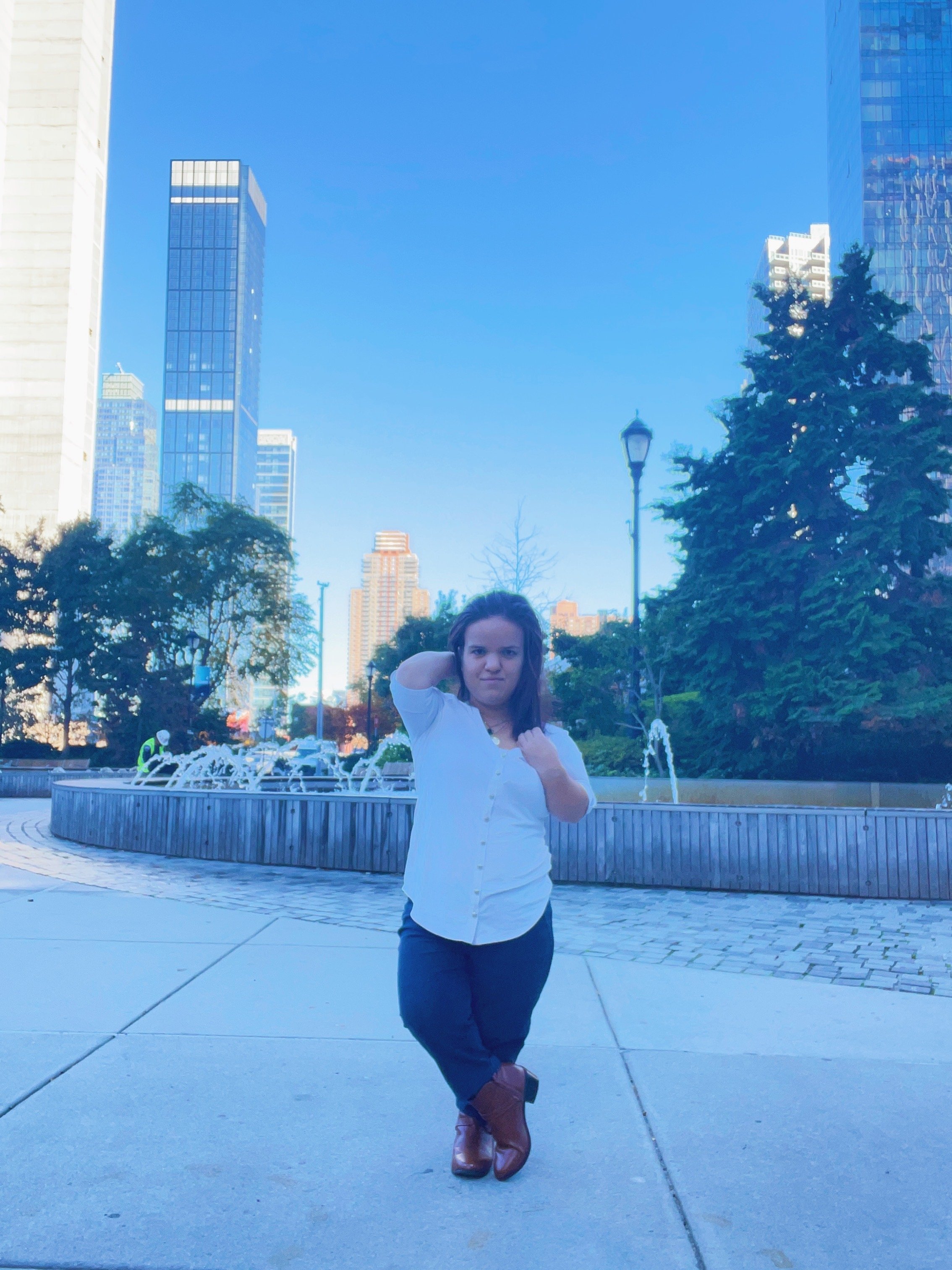Today Is International Day Of Persons With Disabilities
Today is International Day of Persons With Disabilities. Today, I am proud to say that I am disabled, that I am a part of this community, that I am an advocate for this community. Ten years ago…
Image Description:
A screenshot of a Facebook status written by Jillian Ilana on November 27, 2012 that says, “To the ADULTS talking about me, I am right behind you I can hear everything you are saying. And no being four feet tall does NOT make me disabled.
I am one of those people who love nostalgia, who could spend hours going through old photos, watching classic movies from my childhood. Every day I look back at my Facebook memories just to see who I was, how much I’ve changed, and what has remained the same. A few days ago, I looked back and saw this Facebook status. It was written in my high school cafeteria senior year, moments after I was measured for my cap and gown for graduation. At this point in my life I had become used to people staring, pointing, laughing, taking pictures. But usually those people were children who did not understand, who perhaps had never seen a little person before, or my peers who were choosing to remain ignorant, who at times could be mean and hurtful. But in this instance, it was adults talking about me behind my back, thinking I couldn’t hear, and what I heard clearly made me angry. I don’t remember their exact words, but they were equating my being a person of short stature to being disabled. I remember in the moment feeling insulted, feeling hurt.
But what exactly hurt me?
Ten years ago, I did not see myself as disabled. I saw being called disabled as an insult. I saw myself as someone who was short, who did things differently, but did not see dwarfism as a disability. Part of that came from this mindset that was instilled in me at a very young age: if I identified as disabled I would not be able to accomplish my goals. I wouldn’t have been able to participate in dance, sports, or theater. I would not have set bold goals of who I could be when I grew up. I would have limited myself before giving myself a chance. I understood that I was a little person and as a little person I was taught to advocate for myself, to insist on being treated as “one of the guys”, to not let anyone tell me I can’t do something because I’m a dwarf, to not use my dwarfism as an excuse to not try, to not succeed. Growing up I learned innovative ways to adapt my home and social environments, what reasonable accommodations to ask for in school, how to make myself seen and heard in a world where I am easily overlooked, where conversations often took place literally above me. These skills, to me, were necessary to learn as a little person living in an average-height world, not as a disabled person living in a non-disabled world and at 17, for me, there was a difference.
Part of this mindset also came from the little person community itself and my perception of it. In regards to disability, speaking for myself and how I interpreted the messaging, I felt that disability, as it related to being a little person, referred to a limit on accessibility, that the little person community was advocating for our environment to be more accessible so that our short stature would not be a limit to what we could achieve. It wasn’t necessarily our bodies that were disabled, but that society and the environment was disabling.
Ten years later I recognize that the reasons I needed reasonable accommodations made in school, that I had a 504, that I had to adapt my home, is not just because I was (and still am) a person with dwarfism, it was also because I was (and still am) a person with a disability. Ten years later I understand that being disabled is a part of my identity.
Looking back, remembering who I was and how I identified at the time, I am asking myself why did I truly feel so insulted, so hurt? Part of it goes back to what I said before, the fact that it was adults talking about me behind my back. As a somewhat naive seventeen year old, I still did not expect to face ignorance from adults. I thought they knew what a little person was, that they knew how to treat a person with dwarfism. I also think this was the first time where I felt that my dwarfism was being treated like it was an undue burden to others, that it was a problem average-height people did not know how to solve.
Reflecting on what happened in my high school cafeteria, I find myself asking two questions, questions I’ve been considering for quite some time recently: How does the non-disabled community view dwarfism? And how does the disabled community view dwarfism? I don’t have the answers.
Speaking for myself, there are times where I feel that as an ambulatory person with four working limbs, that I don’t belong in the disabled community. I think it’s clearly how I felt ten years ago. But, at the same time, I have never felt that I belong in the non-disabled community, that I was always too short, could never keep up nor fit in. So, where do I, as a little person, belong? I know the answer is the disabled community, but there are moments where I wonder if they would agree.
I wish I could say to my younger self that you were right to feel insulted by adults talking about you behind your back, but they weren’t wrong. Being four feet tall makes you a little person, makes you a part of the disabled community. I can’t help but wonder who I would be now if I understood these truths sooner. Years went by where I still would not call myself disabled. It was not until I moved to New York City a year and a half ago, made friends with people with different disabilities, and became part of the New York disabled community, that I began to identify as disabled. As someone who calls herself an advocate for the little person and disabled communities, I recognize that there is still so much I have to learn, that I want to learn.
The disabled community is diverse, it is complex, and to understand it, to be an advocate and activist within it, you have to start by embracing the word “disabled”. Ten years ago I did not understand that. Now I do.



